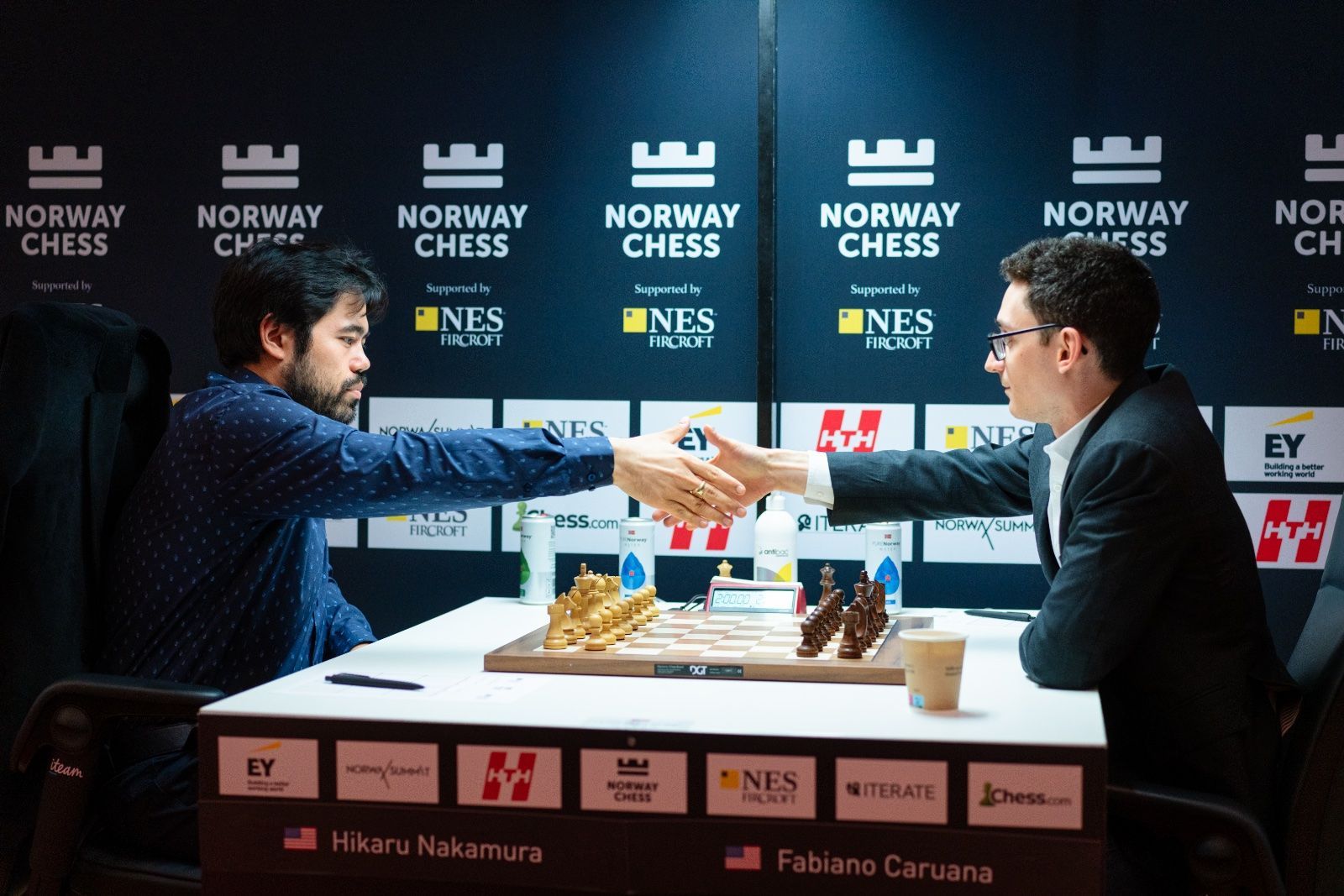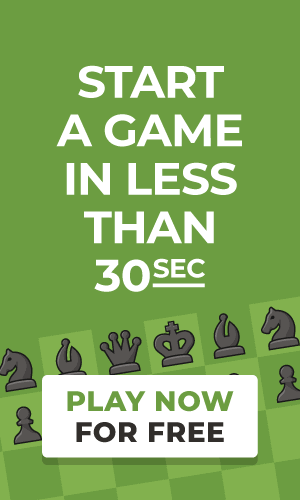
Classical Chess
You may have heard of classical chess, but is there anything special about it, or is it just chess the way it's always been played? The answer is... both! Read on to learn all about classical chess, why it's important, who plays it, and more.
What Is Classical Chess?
Classical chess, also known as standard chess or slow chess, is a time control where each player has a significant amount of time to make all of the moves, usually at least one hour. These days a classical game is always played in one sitting, although historically there could be pauses in play known as adjournments. The one-day nature of classical differentiates it from correspondence chess, games of which take place over several days. Classical is the longest format of chess besides correspondence.

Although it's considered slow these days, classical games are actually getting shorter. At the very first international chess tournament, in London in 1851, and earlier, players could take as long as they wanted to make moves. Some players exploited this ability and games could last for the entire day. Clocks were introduced later that decade, finally limiting players to a certain amount of time, such as 15 moves per hour.

For much of the 20th century, a classical game would usually give each player two hours to make 40 moves, and more time after 40. In 2023, players rarely get more than 90 minutes each for the first 40 moves. In clubs, meanwhile, players might get 30 or 60 minutes to make all of their moves, and it would be considered classical.
Why Is Classical Chess Important?
For centuries, classical chess was the most popular time control, while rapid and blitz were considered sideshows and rarely contested competitively. Faster forms of the game started gaining in popularity in the 1990s and especially 21st century. Nowadays, classical is arguably less popular than blitz or, when playing online, even bullet.
To this day, however, the World Chess Championship is played using classical time controls, with separate championships for faster time controls. The World Chess Championship is a tradition of the chess world that dates back more than 135 years, long predating even FIDE, the official world chess federation which currently operates the world championship. (Even the world championship, however, is decided with rapid games, if there is a tie following the completion of classical play.)

Overall, classical remains perhaps the most important time control in over-the-board chess, while blitz (or possibly rapid) is the most important online. The newest, most important opening theory is played in classical. The official rating list is in classical. Classical tournaments have the largest prize funds. Players earn their titles, all the way up to grandmaster, in classical. They grow their game in classical and from there can move on to coaching, streaming, commentary, and other career paths.
The most accurate chess these days is still played at classical time controls, because they give players the most time to think. At the same time, this can also lead to less interesting games with fewer mistakes and ending in draws, which is one reason faster games have become more popular.
Who Plays Classical Chess?
Anyone can play a game with long time controls, but classical chess these days is largely played by titled players and "club" players who are members of an over-the-board chess club. It's simply much easier to squeeze a game into a few minutes than to set aside multiple hours. Top players will still find a way for all the reasons listed in the previous section, and classical events are often catered to these players specifically.

On Chess.com, rapid is the slowest time control. You can play classical time controls by using a custom game setting, but it will count as rapid.
Conclusion
Now you know what classical chess is, why it's important, who plays it, and more. Next time you and a friend are hanging out for a few hours, try a classical game.
Visit Chess.com/Events to follow all of the latest classical games that are being played around the world. And let us know in the comments your thoughts about classical chess!






